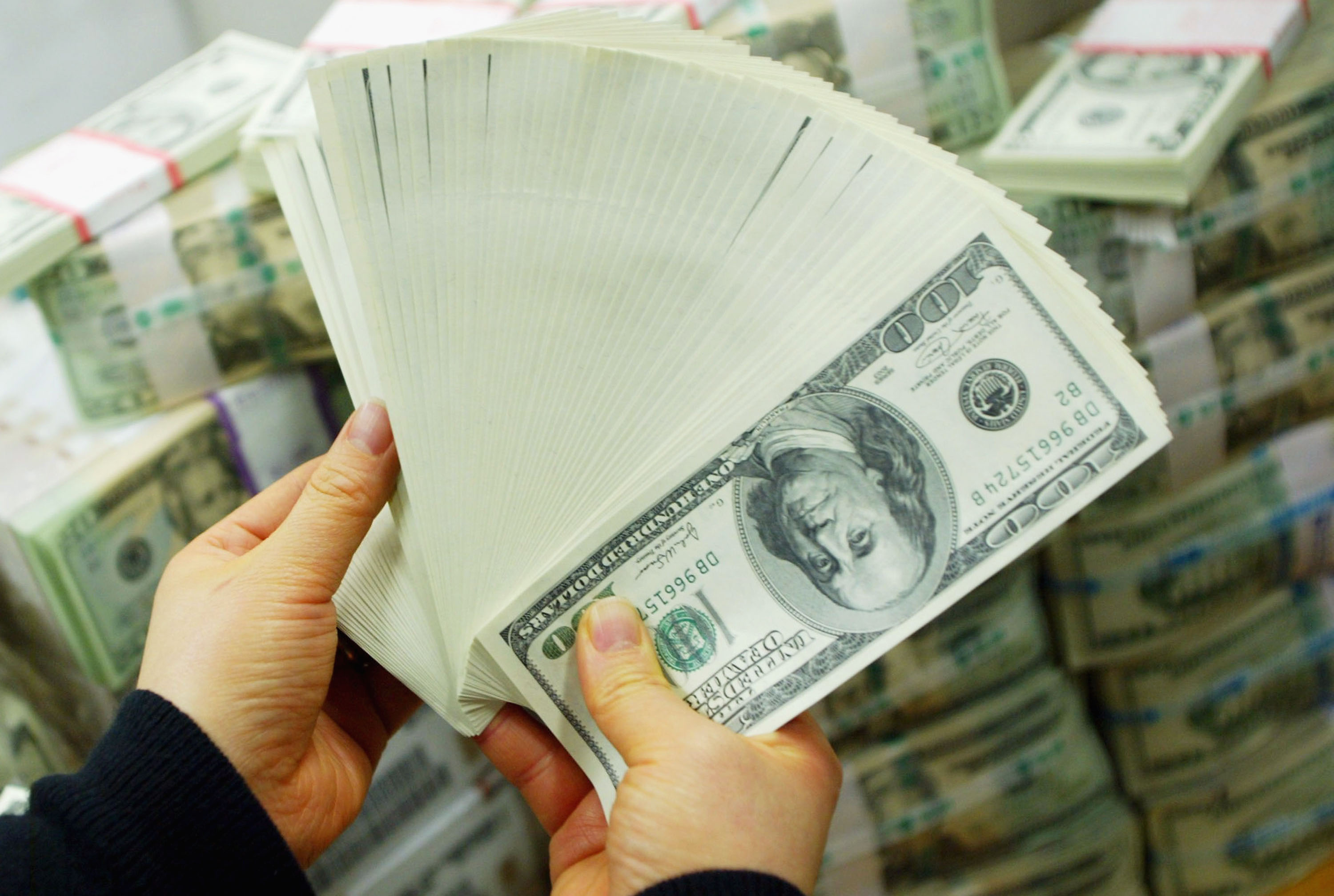
How Much Did al Qaeda Pay for the Entire 9/11 Operation?
In this series, Newsweek maps the road to 9/11 as it happened 20 years ago, day by day.
On September 6, "Fayez Ahmed" (Fayez Rashid Ahmed Hassan al-Qadi Banihammad), a muscle man who would help hijack United Airlines Flight 175, wired $8,055 from his Florida SunTrust account to a Standard Chartered Bank account that belonged to Mustafa al Hawsawi, one of the al Qaeda financial facilitators of the 9/11 operation.
Al-Hawsawi was one of two main financial go-betweens with the hijackers, handling mostly the muscle men. Ali Abdul Aziz Ali was the other, handling mostly the Hamburg pilots.
In June 2001, al Hawsawi opened a bank account at the Standard Chartered Bank in Sharjah, United Arab Emirates, obtaining an ATM card. He also rented P.O. Box 19738 in Sharjah. The next day, with funds provided by al Qaeda, he purchased airline tickets for Banihammad and Saeed al Ghamdi to travel from Dubai to Orlando via London. He provided assistance and gave money to other muscle men as they transited the UAE and flew to the United States as well.
Before Banihammad departed the UAE, he was accompanied by Hawsawi when he opened a checking account with a VISA card in the same Standard Chartered Bank branch. Banihammad provided Hawsawi power of attorney.

On September 17, 2000, the three pilots in the United States—Mohammed Atta, Marwan al-Shehhi and Ziad Jarrah—received their largest transfer of money from overseas, $70,000, wired from the United Arab Emirates. Ali Abdul Aziz Ali used the aliases "Isam Mansur." The transfers were sent from the UAE Exchange Centre located in Bur Dubai, UAE.
At the time, the large transfer did not trigger banking suspicious activity reports (SARs). Nor did any of the other transfers of money to the hijackers or the "muscle men" get reported. The 19 hijackers would use a variety of means—cash they brought into the U.S., foreign and U.S. bank debit and credit cards, foreign checking accounts from European and Gulf state banks, and traveler's checks—to finance their activities inside the U.S. The Hamburg three, Mohammed Atta, Marwan al-Shehhi and Ziad Jarrah, all continued to maintain and use their bank accounts in Germany, which also helped evade any special attention.
On September 8, Mohamed Atta wired $7,860 in two batches, once from a Western Union in a Safeway store and the other from a Giant Supermarket, both in Laurel, Maryland, to "Mustafa Ahmed" (Hawsawi) in the United Arab Emirates and Hawsawi retrieved the funds, using a true name photo identification, at the Wall Street Exchange in Dubai the next day. It was the beginning of more than two dozen money transfers—including mailed packages—to the two in the UAE over the two weeks preceding 9/11, for a total of about $65,000.
Hawsawi was also involved in sending money to Zacarias Moussaoui while he was in the United States. And on August 25, Hawsawi applied for a supplemental Standard Chartered Bank VISA card in the name of Abdulrahman A. A. al-Ghamdi, attaching a photograph of Khalid Sheikh Mohammed as the supplemental applicant. The al-Ghamdi alias had subsequently been identified in the 1995 plot to bomb U.S. civilian airliners transiting the Pacific Ocean ("Bojinka") but the connection between the names, or the various bits of intelligence that mentioned al-Ghamdi and "Mukhtar," another KSM nickname, were never put together before 9/11.
Follow the Newsweek live tweet of September 11, 2001 (based upon the new book On That Day) starting at 4:45 a.m. EST @Roadto911.
Newsweek is reconstructing the road to 9/11 as it was constructed 20 years ago, day by day. Each day a new story will be published here. On September 11 we'll live tweet the events of the day, minute by minute, starting at 4:45 a.m. EST, @RoadTo911.



































